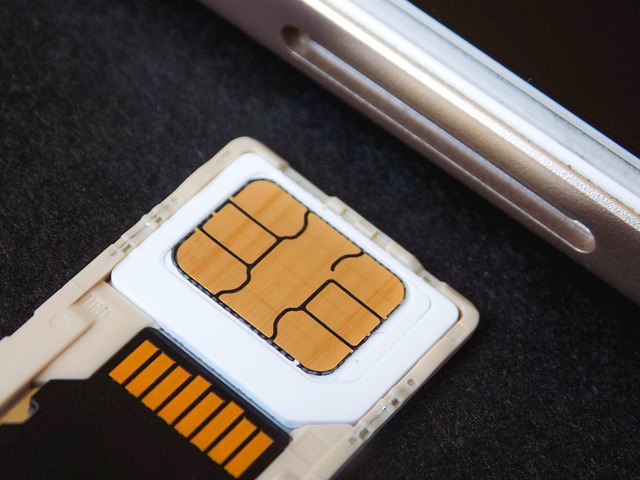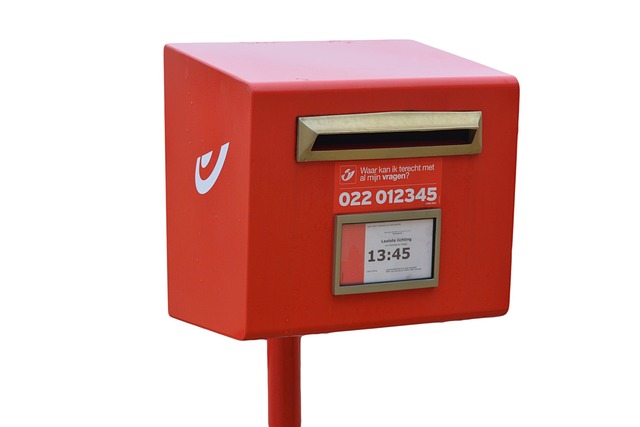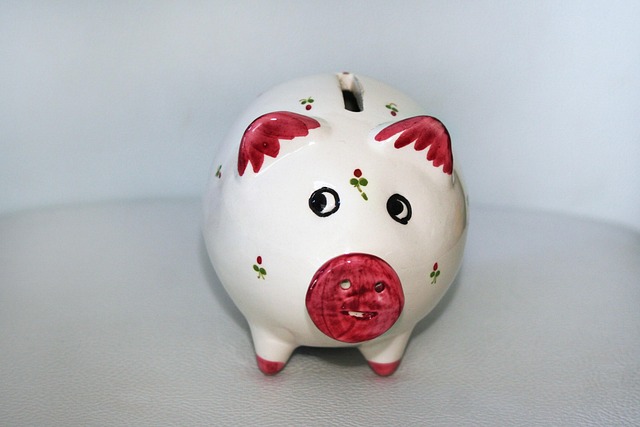Slot RTP (Return to Player) is a crucial metric for online slots players, showing the average payout percentage over time. Higher RTP values signal more generous games with better winning potential. Understanding RTP helps gamers make informed choices, balancing risk and returns while navigating the competitive slots landscape, and is influenced by factors like game volatility, Random Number Generators (RNGs), bonus features, and special symbols.
Unravel the mystery behind Slot RTP—a crucial metric in the world of online slots. This article guides you through the ins and outs, demystifying how it impacts your gaming experience and potential winnings. We delve into the question, “What is Slot RTP?” and explore factors influencing its variability. By understanding RTP, players can make informed decisions, navigate slot strategies, and maximize their chances in this vibrant slots landscape.
- What is Slot RTP?
- How Does Slot RTP Affect Your Winnings?
- Understanding the Factors Influencing Slot RTP
What is Slot RTP?
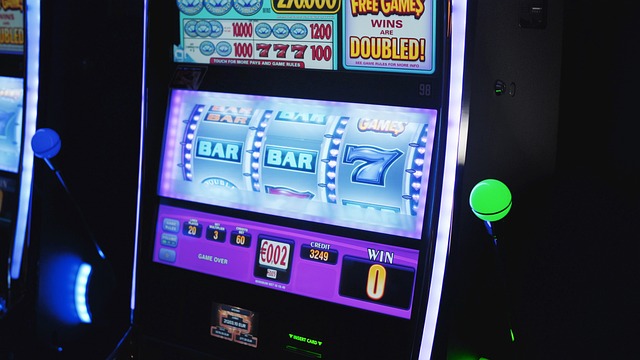
Slot RTP, or Return to Player, is a crucial metric in the world of online slots. It essentially represents the percentage of all bets that a slot machine returns to players over a long period of time. In other words, it’s a measure of how generous a particular slot game is expected to be. The higher the RTP, the more favorable the game is for players, as it indicates a higher potential for winnings.
Understanding Slot RTP is vital for folks navigating the vast landscape of online slots. It allows players to make informed decisions about which games to play, especially when comparing different titles. By looking at the RTP, players can choose slots that align with their expectations and playing styles, ensuring they get the most out of their gaming experience.
How Does Slot RTP Affect Your Winnings?

The Return to Player (RTP) percentage in slots is a crucial metric that determines your chances of winning. Essentially, RTP represents the average amount that a slot machine will pay out to players over time based on the sum staked. A higher RTP means that for every £100 bet, a slot game is expected to return approximately £95 to £97 in winnings over thousands of spins. This directly impacts your expected payoff; games with higher RTPs offer better value and increased potential returns.
When playing slots, understanding the RTP can help you make informed decisions about which games to choose. While it doesn’t guarantee specific wins, it provides a statistical edge. Slots with lower RTPs may be riskier but could lead to bigger jackpots, while those with higher RTPs offer more consistent, albeit smaller, winnings over time.
Understanding the Factors Influencing Slot RTP
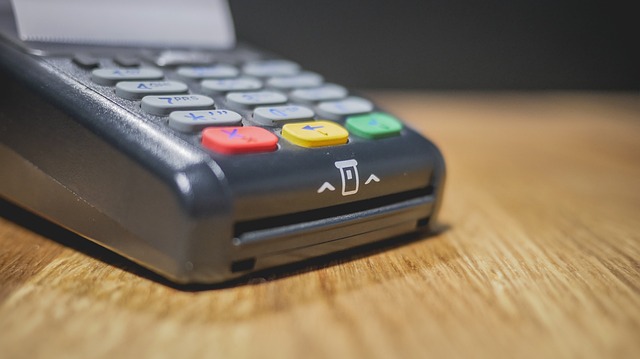
The Return to Player (RTP) in slots is a crucial metric that reflects the expected payoff percentage over time for players. Understanding slot RTP involves recognizing several key factors. One significant factor is the game’s volatility, which determines the frequency and size of wins. High-volatility slots offer larger potential payouts but may have longer periods between wins, while low-volatility slots provide more frequent but smaller returns.
Another critical aspect is the game’s design and programming. Random Number Generators (RNGs) play a pivotal role in ensuring fairness and unpredictability. The quality of the RNG and the overall game mechanics can directly impact RTP. Additionally, bonus features and special symbols can enhance the RTP by offering extra opportunities for players to win, further enriching their gaming experience within slots.
Slot RTP, or Return to Player, is a crucial metric in understanding the potential winnings from any given slot game. By analyzing these values, players can make informed decisions and navigate the vast world of online slots more strategically. The factors influencing RTP highlight the importance of research before spinning the reels, ensuring that the games chosen offer fair and profitable opportunities. Remember, knowing your RTP can be the key to maximizing your enjoyment and profits in the ever-popular slots.

